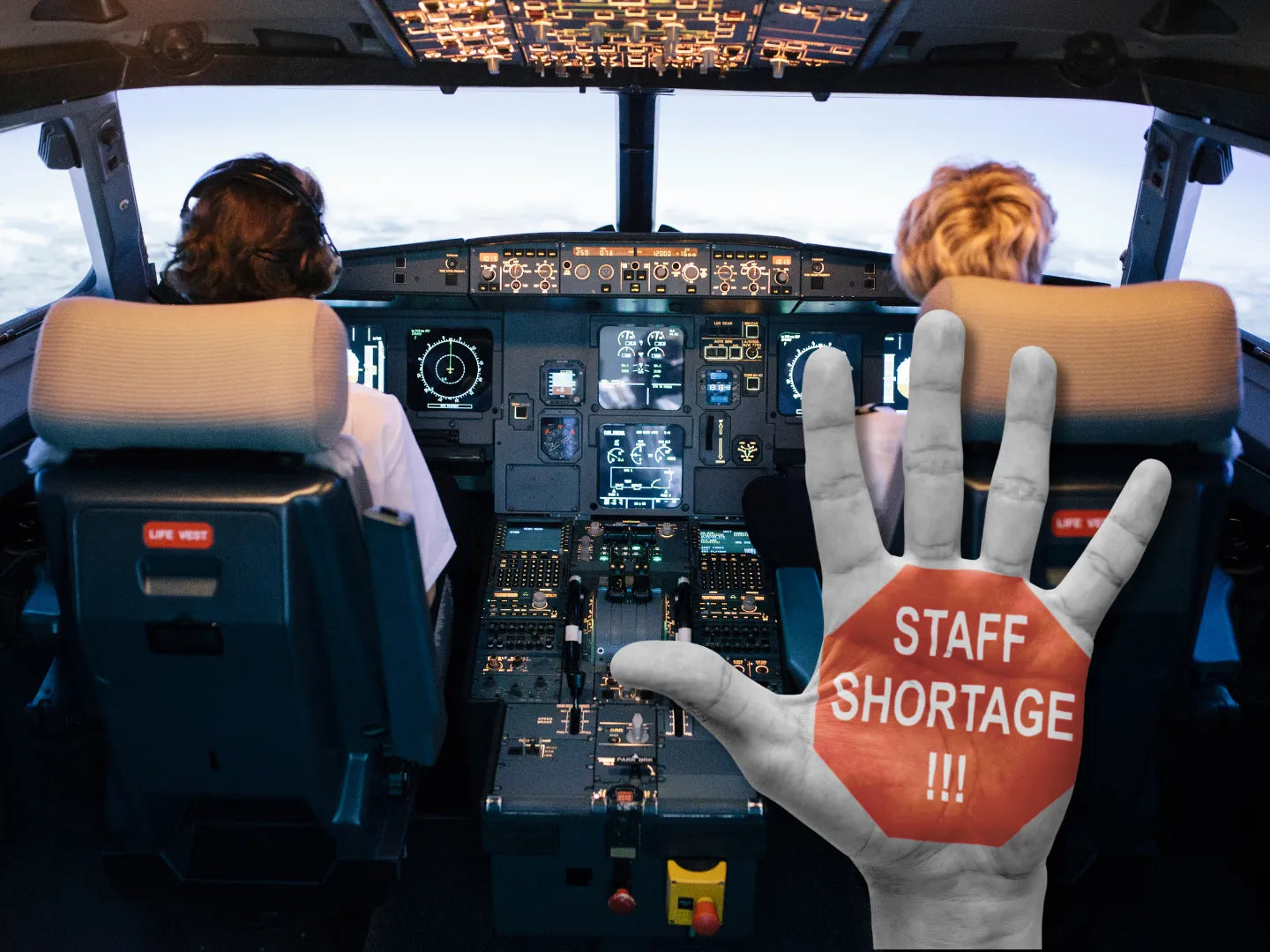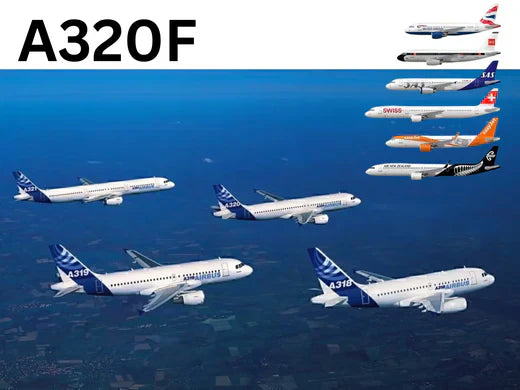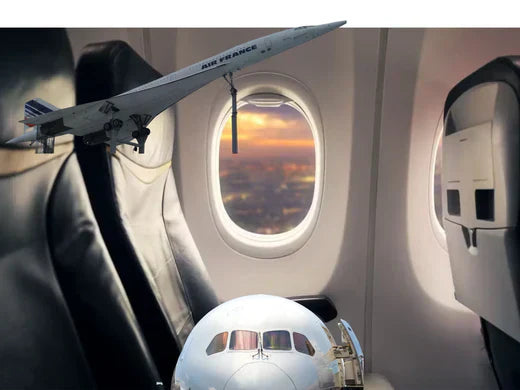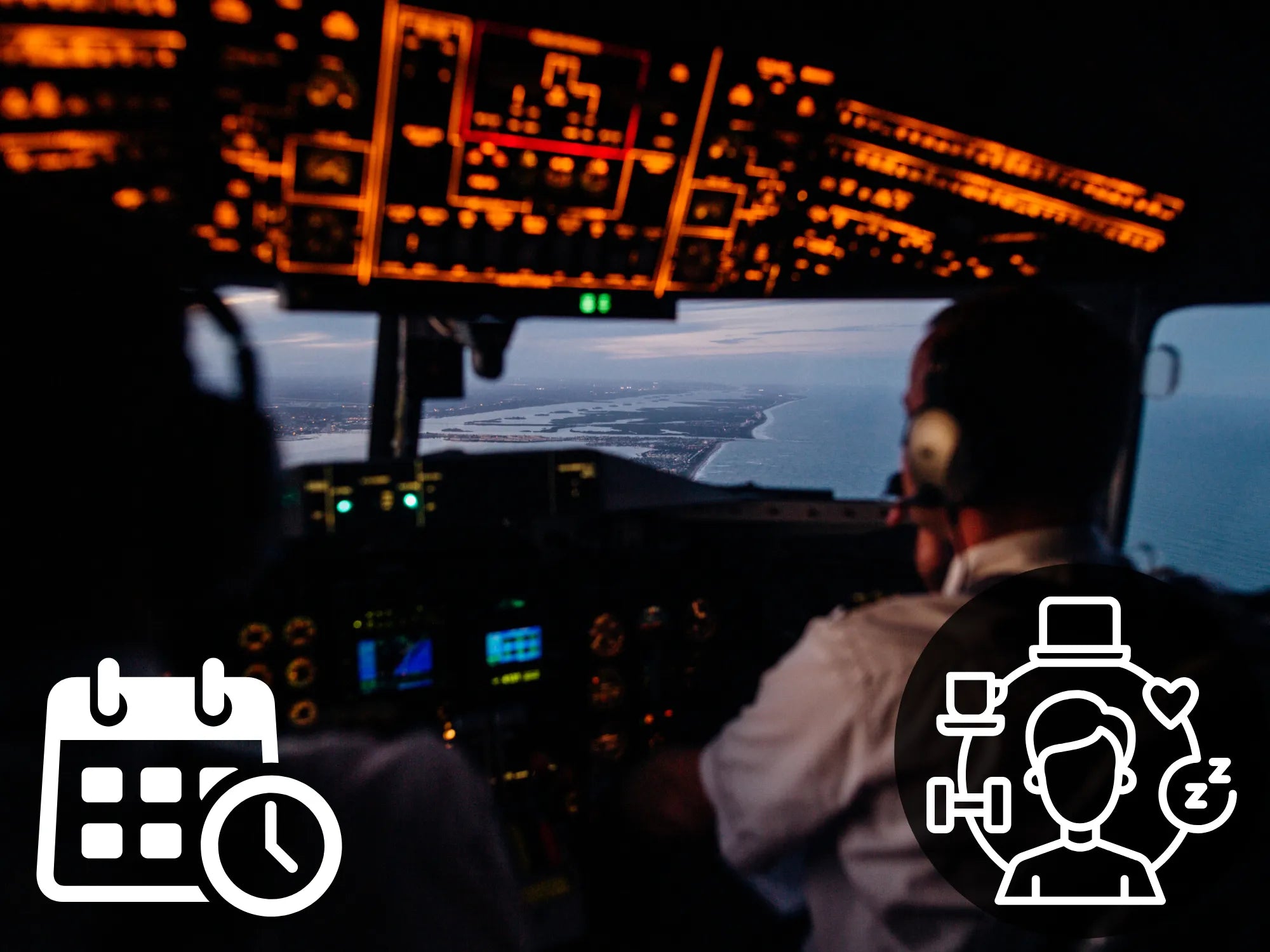Introduction
The aviation industry is buzzing with talk about a pilot shortage. While some argue it's an urgent issue, others believe it's exaggerated. In 2024, this topic remains highly relevant as airlines around the world struggle to meet the ever growing demand for air travel. This article will analyse into the reality of the pilot shortage, the current situation in 2024, and its implications for the aviation sector.
Understanding the Pilot Shortage
The pilot shortage refers to the lack of qualified pilots to meet the increasing demand for air travel. Several factors contribute to this shortage, including the retirement of experienced pilots, very restrictive training requirements, and a surge in air travel demand.
Factors Contributing to the Pilot Shortage
-
Retirement of Experienced Pilots: Many senior pilots are reaching the mandatory retirement age of 65, leading to a significant loss of experienced personnel. This trend has been accelerated by early retirements during the COVID-19 pandemic when airlines offered buyouts to reduce their workforce.
-
Training and Certification Barrier: Becoming a pilot requires rigorous training and certification, which can be costly and time-consuming. The pandemic also caused disruptions in training schedules, exaggerating the shortage.
-
Surge in Air Travel Demand: As global air travel rebounds from the pandemic, the demand for flights has greatly increased, outpacing the supply of trained pilots. This recovery is particularly strong in regions like Asia-Pacific and North America.
-
Regulatory Requirements: Regulatory bodies like the Federal Aviation Administration (FAA) and the European Union Aviation Safety Agency (EASA) have stringent requirements for pilot training and certification, ensuring high safety standards but also limiting the speed at which new pilots can enter the workforce.
The Situation in 2024
In 2024, the pilot shortage is a real and pressing issue for the aviation industry. Here’s a detailed look at the current situation:
Global Perspective
The global aviation market is experiencing a strong and constant growth. According to the International Air Transport Association (IATA), passenger traffic has returned to pre-pandemic levels and is projected to grow steadily. This surge in demand has put pressure on airlines to increase their fleets and, consequently, their pilot workforce.
Regional Insights
-
North America: The United States and Canada are facing significant pilot shortages. Major airlines are aggressively recruiting and offering substantial incentives to attract new pilots. Regional airlines are particularly hard hit, as many pilots move to major carriers for better pay and benefits.
-
Europe: European airlines are also feeling the pinch. Brexit has compounded the issue, with regulatory changes affecting pilot mobility between the UK and EU countries.
-
Asia-Pacific: This region is seeing the highest growth in air travel demand. Countries like China and India are rapidly expanding their aviation sectors, leading to a critical need for more pilots.
-
Middle East and Africa: While the demand for pilots is not as important as in other regions, airlines here are still facing challenges in maintaining a steady pipeline of qualified pilots.
Industry Responses
Airlines and aviation authorities are implementing various strategies to address the pilot shortage:
-
Enhanced Training Programs: Airlines are building partnerships with flight schools to streamline training programs and increase the output of qualified pilots. Initiatives like the Cadet Program by Emirates aim to train and hire new pilots directly.
-
Incentives and Benefits: To attract and retain pilots, airlines are offering competitive salaries, signing bonuses, and improved benefits. For example, Delta Air Lines has introduced enhanced compensation packages.
-
Technological Integration: Advanced simulation technology is being used to make pilot training more efficient and cost-effective. The use of VR and AI in training modules is helping to accelerate the learning process. This is the case in the Lithuanian training center BAATRAINING.
-
Regulatory Adjustments: Some regions are considering regulatory adjustments to ease the entry of new pilots into the workforce without compromising safety. This includes potential changes in training hour requirements and certification processes.
Impact of the Pilot Shortage
The pilot shortage has significant implications for the aviation industry:
-
Flight Delays and Cancellations: Airlines are forced to cancel flights or reduce schedules due to a lack of available pilots, leading to inconvenience for passengers and financial losses for carriers.
-
Increased Operational Costs: With the need to offer higher salaries and bonuses to attract pilots, airlines face increased operational costs, which may be passed on to passengers through higher ticket prices.
-
Safety Concerns: The pressure to fill pilot positions quickly could lead to concerns about maintaining high safety standards, although regulatory bodies are vigilant about ensuring compliance.
-
Training Investments: Airlines and governments are investing heavily in pilot training programs to build a sustainable pipeline of qualified pilots. This includes scholarships, training subsidies, and partnerships with educational institutions.
Conclusion
The pilot shortage in 2024 is a real and significant challenge for the aviation industry. Factors such as the retirement of experienced pilots, training bottlenecks, and surging air travel demand contribute to this issue. Airlines and aviation authorities are actively seeking solutions, from enhanced training programs to regulatory adjustments, to address the shortage and ensure the continued growth and safety of the global aviation sector.
























